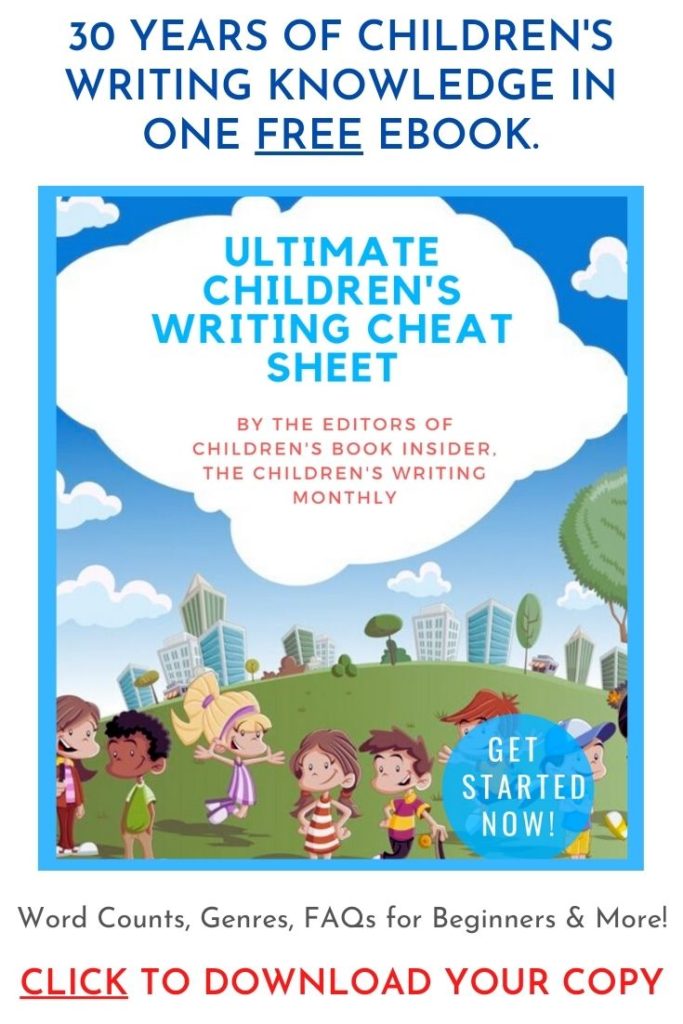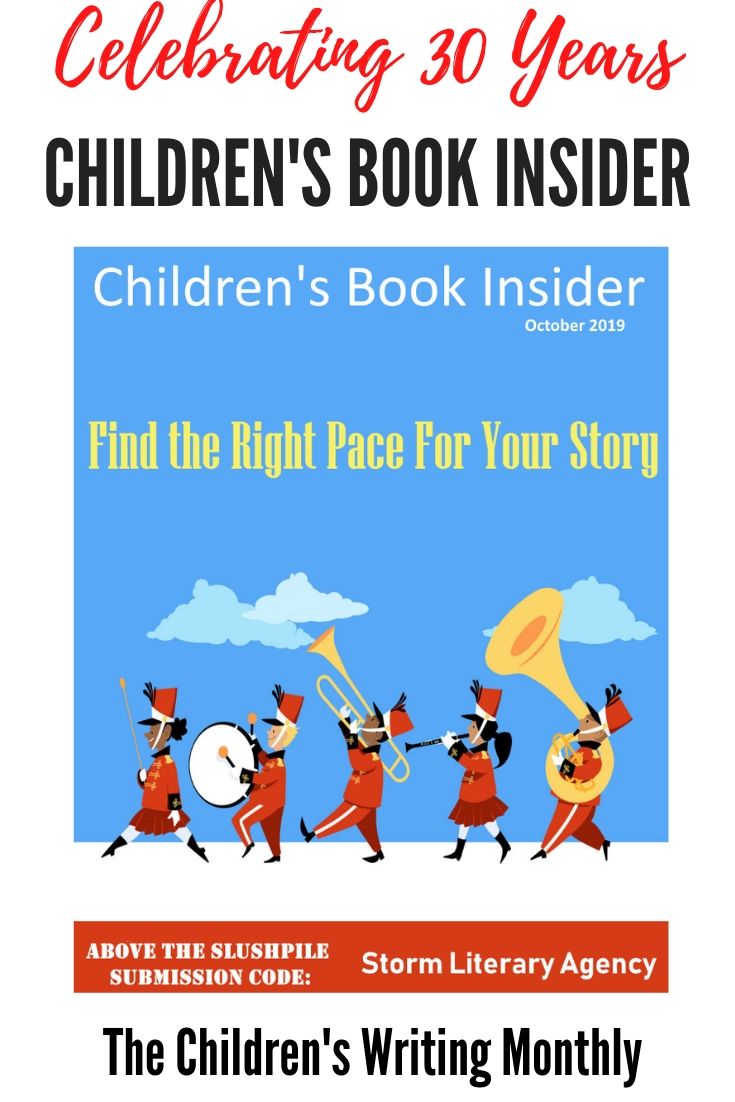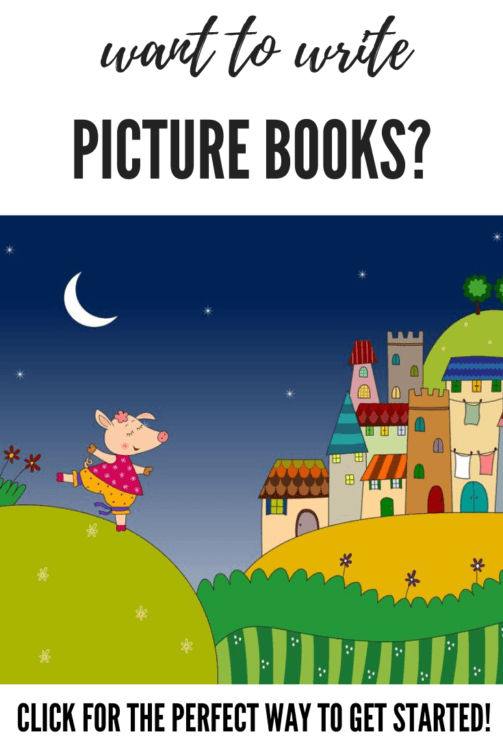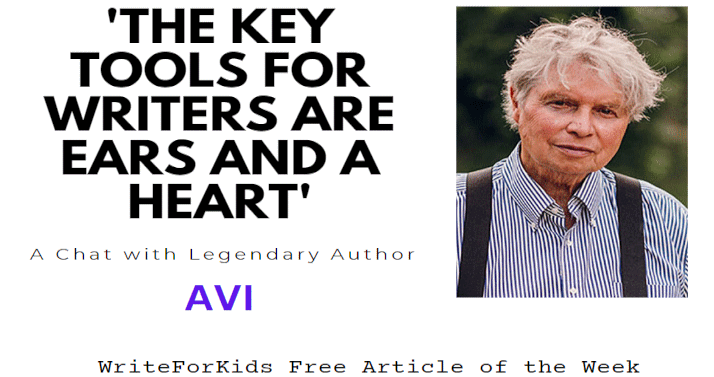
by Sharon Blumberg
(Originally appeared in the March, 2022 issue of Children’s Book Insider, the Children’s Writing Monthly)
In his long and prolific career, Avi has had a huge impact on modern children’s literature. He is the award-winning author of over 80 books for children and young adults, with books number 84 and 85 — Loyalty and City of Magic, published in 2022.
Raised in Brooklyn in New York City, Avi was a serious reader from early childhood on, as he grew up in a home where books and reading were encouraged and important (he comes from a family of writers extending back into the 19th century). Born Edward Irving Wortis, his twin sister started calling him Avi when they were a year old, and the unique and legendary name remained.
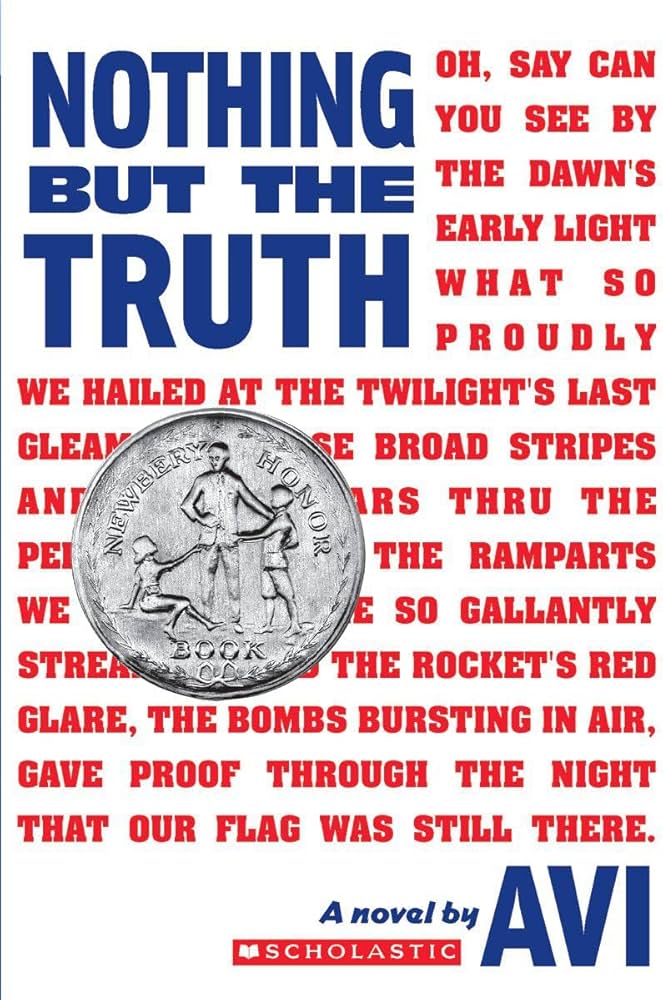 Few authors have amassed as many prestigious awards as Avi. Here’s just a sampling: Newbery Award for Crispin: the Cross of Lead, Newbery Honor for True Confessions of Charlotte Doyle, Newbery Honor for Nothing but the Truth, Boston Globe Horn Book Award for Poppy, Scott O’Dell Historical Fiction Award for The Fighting Ground, Christopher Award for Encounter at Easton, and the Anne V. Zarrow Award for Young Readers’ Literature. So far seven of his titles have been named ALA Notable Books: The Barn, Crispin at the Edge of the World, The Fighting Ground, Nothing But the Truth, Poppy, Silent Movie, and Who Was That Masked Man Anyway?
Few authors have amassed as many prestigious awards as Avi. Here’s just a sampling: Newbery Award for Crispin: the Cross of Lead, Newbery Honor for True Confessions of Charlotte Doyle, Newbery Honor for Nothing but the Truth, Boston Globe Horn Book Award for Poppy, Scott O’Dell Historical Fiction Award for The Fighting Ground, Christopher Award for Encounter at Easton, and the Anne V. Zarrow Award for Young Readers’ Literature. So far seven of his titles have been named ALA Notable Books: The Barn, Crispin at the Edge of the World, The Fighting Ground, Nothing But the Truth, Poppy, Silent Movie, and Who Was That Masked Man Anyway?
Avi’s website (avi-writer.com) features his Word Craft blog with posts on his writing life, and the listing each of his titles includes “The Story Behind the Story”, where readers can learn where he got the idea for the book. Terrific information for fans of Avi’s books, as well as aspiring authors.
SHARON BLUMBERG: Your first book, Things that Sometimes Happen, was published in 1970. Now, over 80 books later, you’re still going strong. What are three things you’ve learned in the course of your career that you wish you had known when you started your writing career?
AVI: I think the key to becoming a good writer is to first become a good reader. My mantra is “Writers don’t write writing they write reading.” When you write for young readers, that is even more important. You must please and engage them. I don’t think anyone is a born good writer. You become a good writer. And there is no end to that becoming. Good writing is hard and elusive. It is a rare skill. If you are not humbled by trying to write well, you are not working hard enough.
SB: Since you first started writing for children after you became a father, were there any earlier experiences, including your childhood, that perhaps put you on the path to becoming the author you are today?
AVI: I grew up in a home in which books and reading were especially important. When I was a child, I was read to nightly by my mother. Family visits to the local library were weekly occasions. I was encouraged to use the library on my own as soon as age allowed. There were never restrictions on what I read. Every birthday, every Christmas I received at least one book. (I still have a few of them.) My siblings and I were encouraged to have our own libraries. It’s hardly a coincidence that my twin sister is also a writer.
SB: You have won a number of prestigious awards, among them, a Newbery and two Newbery Honors. How did this change your career as an author? Did winning an award make it easier to sell your next manuscript, or did you still have to endure rejections like less-established authors do?
AVI: The Newbery is never anything you deserve. It is always a gift. I think it’s a mistake to believe otherwise. One of my first thoughts upon hearing I won the Newbery was, “Oh, Lord, the next book better be good.” And indeed, that next book was one of my hardest books to write, and not necessarily a particularly good one.
Winning a Newbery gives you, if you will, a brand name. You do earn more in a profession that is famously hard to make a living. I think the award can give you the self-confidence to go on, but it does nothing to help you actually write. In fact, it may make it harder, as you try to live up to your (given) reputation.
It can also make it harder to work with certain editors. They can think I know exactly what I am doing, even when I don’t. Their disappointment when I don’t come up with something really good is palpable.
SB: You never seem to pigeonhole yourself as an author. You write across genres, age groups, and have used both animal and human protagonists in your work. Does each new type of book require developing a specific new skill set as an author?
AVI: I think each book is its own story and I have to find my way with each one. While I am sure readers will find some similarities among my many books, I think each had its own set of rules. Each has to find its way. I am very much an intuitive writer. I discover things as I write, including the story itself. I don’t have rules for myself or my work, other than it must be good. I am not interested in teaching but in narrating experiences. Over the years the books have become harder to write. I’d like to think that’s because my standards are more demanding.
Of late, I’ve been struggling with a new book. Yesterday, at the end of the day, my wife said to me, “It went well for you today, didn’t it?” “How did you know?” “Your typing was fast.” So much for the process.
SB: You’ve written more than once that the idea behind a book came from something you overheard while going about your everyday life. Is it important for authors to keep their ears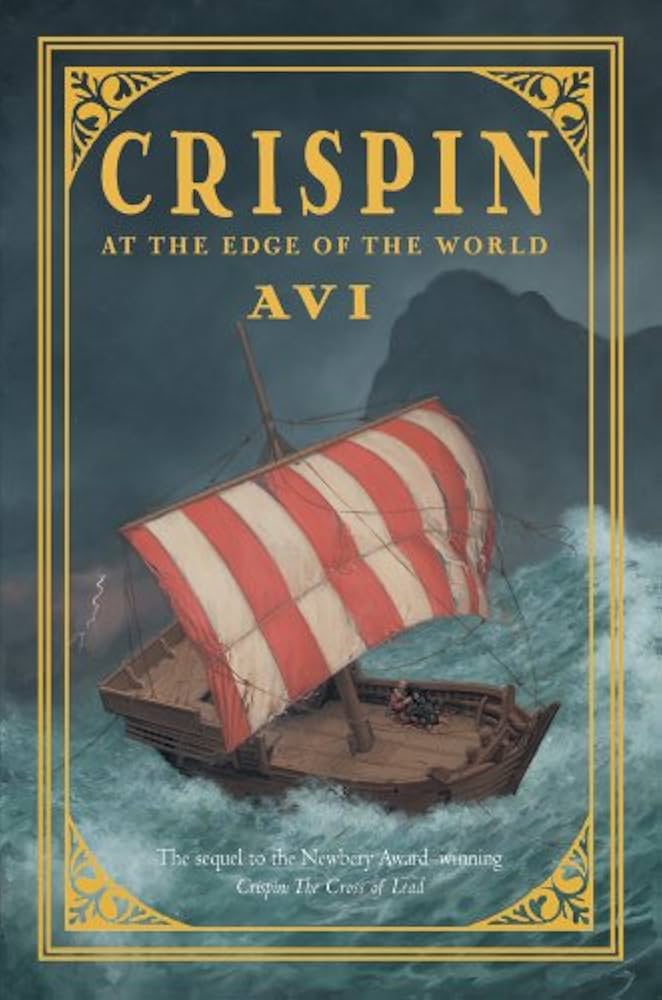 open for story connections that may spring from other people’s lives? Can you give one or two examples of how this came about for at least one of your books?
open for story connections that may spring from other people’s lives? Can you give one or two examples of how this came about for at least one of your books?
AVI: No More Magic, S.O.R. Losers, Catch you later, Traitor, Seer of Shadows, Wolf Rider, A Place Called Ugly, to name a few, are based on things that happened to me.
Crispin, The Button War, The Secret School, Nothing But the Truth, Sometimes I Think I Hear My Name, were predicated on experiences I heard others relate, or overheard.
The key tools for writers are ears and a heart.
SB: You visit and Skype with students in schools from all over the world. Could you please share with us some of your most interesting interactions and also share some of the most memorable comments you’ve received regarding reader feedback?
AVI: It always surprises me that what I’m asked by young readers is so similar no matter where I am.
“Where do you get your ideas?” “How long does it take for you to write a book?” “What’s your favorite book?” and so on. Interesting questions. “What’s your opinion of adjectives?” “How has writing changed you?” “What do you think makes for a good book?” “How, over the years, has your writing changed?”
SB: How are you able to so successfully create characters, conflicts, dialog, and stories that are topical, fresh, relevant, and relatable to today’s teens?
AVI: I have no idea other than I try to live in the world. By staying engaged with the present and paying attention to the issues, concerns, and challenges that today’s teens face, I can better understand their perspectives and create characters and stories that resonate with them. It’s essential to be empathetic and open-minded, to listen to young people’s voices, and to reflect their experiences in my writing.
Writing for teens requires a certain level of authenticity and honesty. I believe in telling stories that are true to life, even if they involve difficult or uncomfortable topics. By addressing real-life issues in my work, I hope to connect with readers on a deeper level and provide them with stories that are not only entertaining but also thought-provoking and relevant to their lives.
Moreover, I constantly challenge myself to evolve as a writer. I don’t want to rest on past successes or rely on formulaic approaches. Instead, I strive to push the boundaries of my storytelling and explore new narrative techniques, styles, and themes. Each book I write presents a fresh opportunity to grow as an author and connect with readers in innovative ways.
In the ever-changing landscape of the publishing industry, aspiring authors should stay committed to their craft and remain resilient in the face of challenges. Rejections are inevitable, but they should be seen as opportunities for growth rather than discouragement. Writing is a journey of continuous improvement, and every rejection can teach valuable lessons and inspire new ideas.
It’s crucial for writers to surround themselves with a supportive network, including loved ones, literary agents, editors, and publicists. These individuals play pivotal roles in an author’s career, providing encouragement, guidance, and professional expertise. Treating them with respect and maintaining open communication fosters strong and lasting partnerships.
To succeed in today’s publishing world, authors must embrace the ever-evolving landscape of literature and adapt to changing reader preferences and trends. While technology may alter the way stories are consumed, the core of great writing remains the same: captivating storytelling that speaks to the hearts and minds of readers.
Ultimately, writing is a labor of love, and passion for the craft should fuel the journey. It’s a process that demands dedication, hard work, and a willingness to learn from both successes and setbacks. So, aspiring authors, keep your ears open, your heart engaged, and your love for reading and writing burning bright as you navigate the exciting and rewarding path of being a published author. And don’t forget to use a spell-checker!
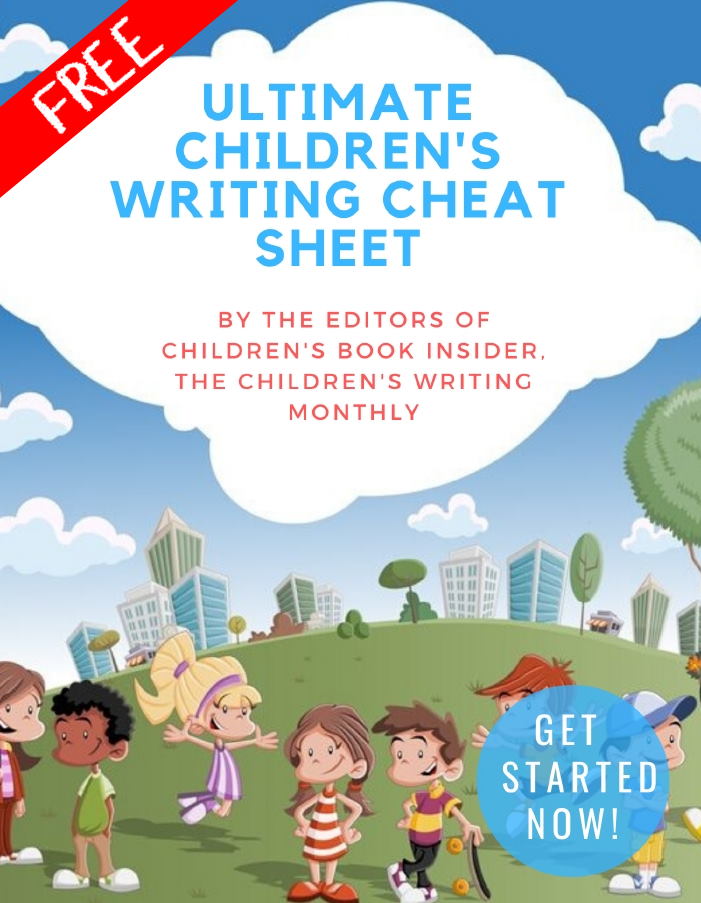
✏ Word Counts & Age Groups for Every Kidlit Category
✏ FAQs, Glossaries and Reading Lists
✏ Category-specific Tips, from Picture Books Through Young Adult Novels
✏ 5 Easy Ways to Improve Your Manuscript
✏ Writing For Magazines …and more!
This is a gift from the editors of Children’s Book Insider, and there’s no cost or obligation of any kind.
We will never spam you or share your personal information with anyone. Promise!
